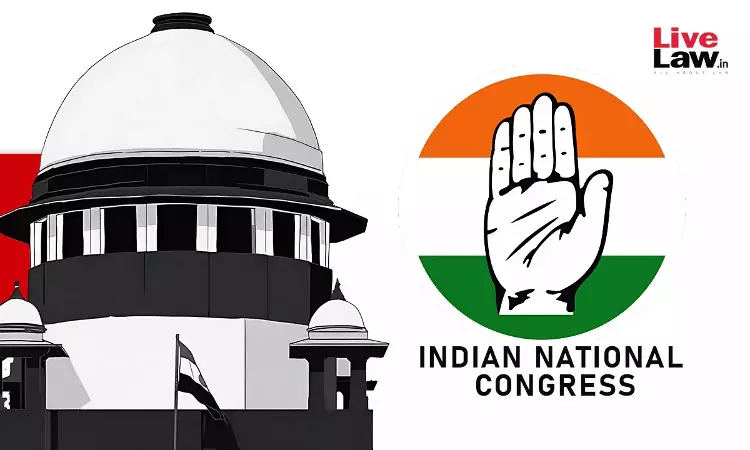The Supreme Court on Friday (January 19) directed that the recovery of Rs 2.66 crores from the Uttar Pradesh Congress Committee (UPCC) towards the dues to the Uttar Pradesh State Transport Corporation(UPSRTC) will remain stayed subject to the condition of the UPCC depositing Rs 1 crore within four week. Pertinently, the dues were for using the buses and taxis of the UPSRTC for its...

